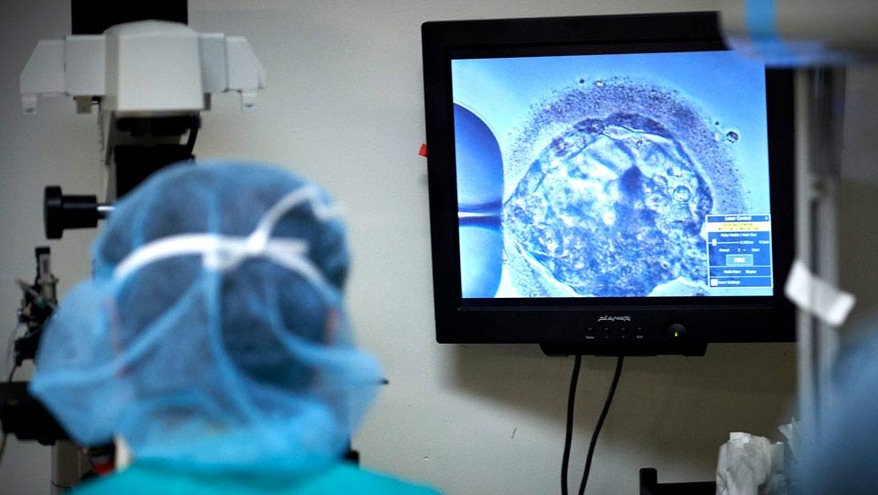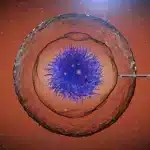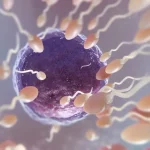
Embarking on an egg donation journey can be an enriching experience, offering the opportunity to help others while navigating a carefully structured medical procedure. If you’re considering egg donation in New York, understanding the process and preparing yourself adequately can significantly enhance the success and satisfaction of your journey. This guide will delve into expert tips and essential information to ensure your egg donation procedure in New York goes smoothly.
Understanding the Egg Donation Process
Before diving into the tips, it’s crucial to grasp the basic framework of the egg donation process. In New York, as in many other states, egg donation involves several key stages:
Initial Consultation and Screening
The journey typically begins with an initial consultation with a reproductive endocrinologist or a fertility specialist. During this phase, your medical history, genetic background, and overall health will be assessed to determine your eligibility for egg donation.
Matching Process
Once cleared for donation, you’ll enter the matching process. This involves finding the intended parents who align with your preferences and criteria, which may include factors such as ethnicity, education, and personality traits.
Ovarian Stimulation and Monitoring
Upon finding a match, you’ll undergo ovarian stimulation using hormone medications. Regular monitoring through blood tests and ultrasounds will ensure your body’s response to the medicines is optimal.
Egg Retrieval
The culmination of the process is the egg retrieval procedure, typically performed under sedation. This minimally invasive procedure retrieves mature eggs from your ovaries using a thin needle guided by ultrasound.
Expert Tips for a Successful Egg Donation Journey
Educate Yourself About the Process
Before committing to egg donation, educate yourself thoroughly about the procedure, risks, and emotional aspects involved. Understanding what to expect can alleviate anxiety and help you make informed decisions.
Choose a Reputable Clinic or Agency
Selecting a reputable clinic or agency is paramount. Research their success rates, patient reviews, and the expertise of their medical team. Ensure they adhere to legal and ethical standards governing egg donation in New York.
Prioritize Your Health and Well-being
Preparing physically and emotionally for egg donation is crucial. Follow your doctor’s recommendations regarding diet, exercise, and lifestyle modifications to optimize your health and fertility. Engage in self-care practices to manage stress and maintain emotional well-being throughout the process.
Communicate Openly and Honestly
Clear communication with your healthcare team, intended parents (if permitted), and support network is essential. Discuss any concerns or questions you have promptly and honestly. Transparency fosters trust and ensures everyone involved is well-informed.
Prepare for Emotional Challenges
Egg donation can evoke a range of emotions, from altruistic fulfillment to temporary feelings of loss or identity questioning. Prepare yourself emotionally by seeking counseling or joining support groups. Remember, it’s normal to experience mixed emotions during this transformative journey.
Understand Legal and Financial Aspects
Familiarize yourself with the legal and financial aspects of egg donation in New York. Ensure you understand your rights and responsibilities as a donor, including any compensation agreements and legal protections.
Follow Post-Procedure Care Guidelines
After egg retrieval, adhere to post-procedure care guidelines provided by your healthcare team. This may include resting, avoiding strenuous activities, and monitoring for any potential complications.
Celebrate Your Contribution
Finally, celebrate your contribution to helping others achieve their dream of parenthood. Reflect on the positive impact of your generosity and the meaningful role you’ve played in someone’s life.
Frequently Asked Questions (FAQs)
Q: What are the eligibility criteria for egg donation in New York?
A: Eligibility typically includes good health, age between 21-32, and passing medical and psychological evaluations.
Q: How long does the egg donation process in New York take?
A: The process spans 4-6 weeks, from initial consultation and screening to egg retrieval and recovery.
Q: What are the legal implications of egg donation in New York?
A: Donors usually sign legal agreements outlining rights, responsibilities, and compensation details, ensuring clarity and protection.
Q: Are there risks associated with egg donation in New York?
A: Risks include minor discomfort from injections, rare complications from ovarian stimulation, and emotional aspects related to donation.
Q: Can I choose the intended parents in New York’s egg donation process?
A: Yes, agencies often allow donors to review profiles and choose parents based on personal preferences and compatibility factors.
Conclusion
Embarking on an egg donation journey in New York requires careful preparation, understanding, and support. By following these expert tips and embracing the process with mindfulness and compassion, you can navigate your egg donation procedure successfully and with confidence. Remember, your decision to donate is a powerful act of kindness and generosity that can profoundly impact the lives of others. For more personalized guidance and information tailored to your specific circumstances, consult with a qualified fertility specialist or clinic specializing in egg donation in New York.
Should you have any questions or concerns, please do not hesitate to contact us at 212-661-7177 or info@eggdonors4all.com.

Dr. Kulsoom Baloch
Dr. Kulsoom Baloch is a dedicated donor coordinator at Indian Egg Donors, leveraging her extensive background in medicine and public health. She holds an MBBS from Ziauddin University, Pakistan, and an MPH from Hofstra University, New York. With three years of clinical experience at prominent hospitals in Karachi, Pakistan, Dr. Baloch has honed her skills in patient care and medical research.






